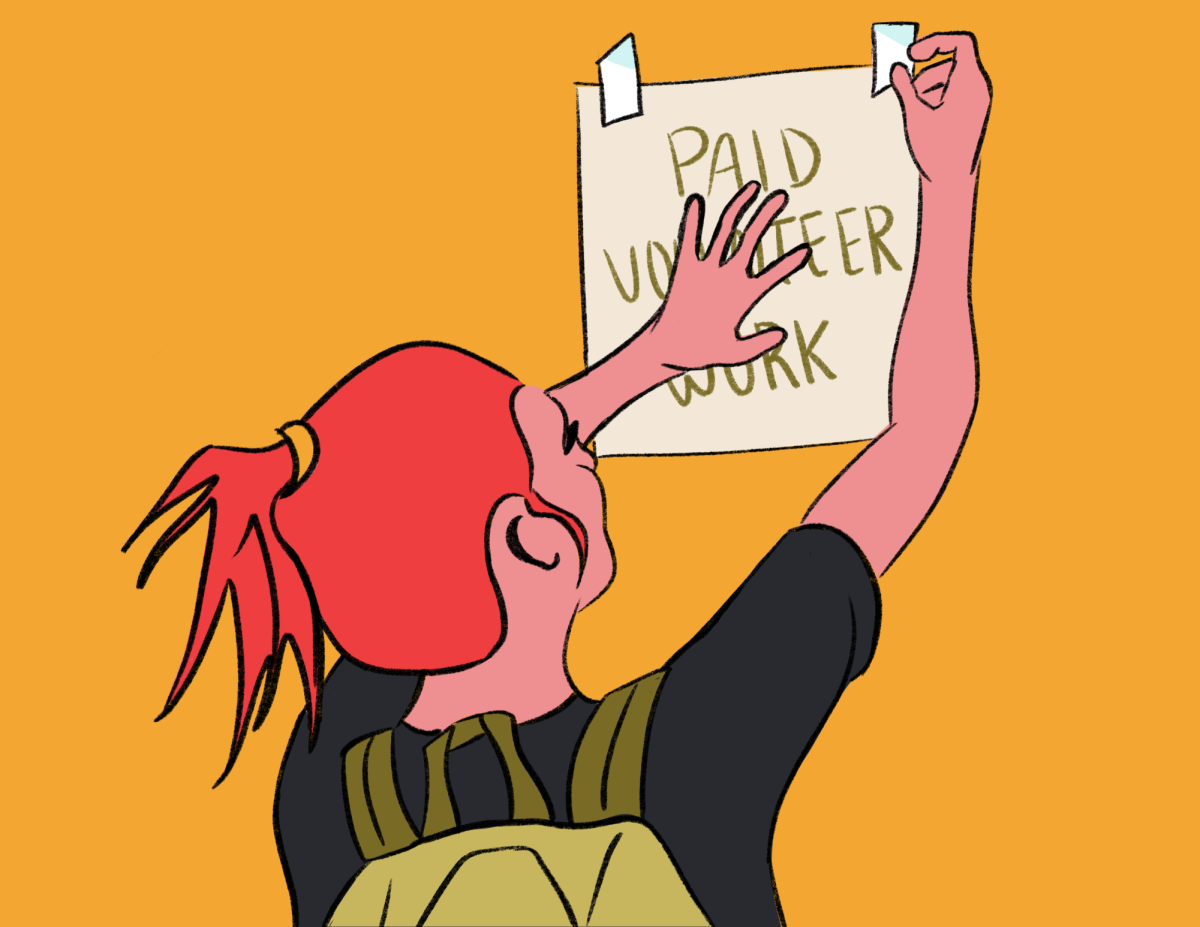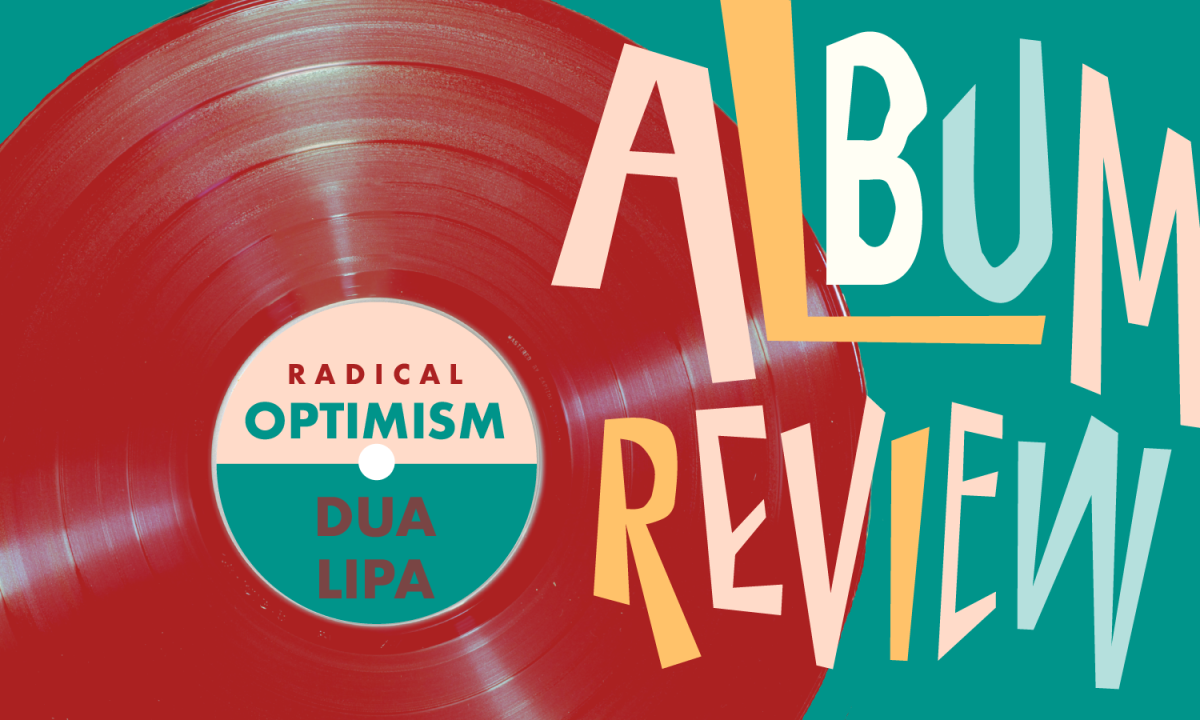When one hears of the plight of starving children or those who battle homelessness and unemployment, our imagined solutions are simple. Feed them. Give them jobs and a place to stay. But assuming that these issues are so one-dimensional creates a perilous misunderstanding of the real root of many problems that plague our world today. By focusing on only the manifestations of global issues and ignoring their true origins, we offer no real relief for those suffering from them and further distance ourselves from making a meaningful impact on those around us.
Today there are an estimated 1.5 million children living on the streets in Pakistan. Despite efforts to increase aid, the number steadily grows. Most would think the majority of these youths are orphans left on the street to beg for survival, that a warm bed and a consistent diet is all that’s needed to turn their lives around. But according to the NGO Initiator survey, two-thirds of Pakistani children living on the street are in fact runaways who escaped abusive households and institutions. Despite increased exposure to drugs, gang activity and sexual molestation, these children choose homelessness to avoid corrupt places in which abuse is an absolute certainty.
Using one’s political or financial clout to remove a child from life on the streets is an admirable feat for a person or aid group, one that should never be undervalued or overlooked. But a larger governing body has the power to address corruption within the systems that compel children to seek drastic action (such as running away), ultimately saving thousands. Without this type of intervention, every child given a life off the streets will be replaced by another hundred, each more helpless than the last.
A 2009 TED talk given by Nigerian author Chimamanda Ngozi Adichie offers valuable insight into the danger of making generalizations about nations, especially those that are considered developing countries. She calls it the “single story,” and most of us see and perpetuate it daily. How often do we convince our younger siblings to finish their meals by reminding them of starving children in Africa or maintain that math would be so much easier if only we were Asian? Whether we’re aware of it or not, these stereotypes form our view of the world. Adichie, born to a middle-class family in Nigeria, expressed her shock upon moving to the U.S. for college and being asked if she knew how to use a stove. Her life was no different from a middle-class American teenager’s, even in some aspects more opulent. Their single story about Africa prevented Adichie’s classmates from understanding her instead of their perception of her.
I won’t deny there are starving children in parts of Africa, but I must reject the assumption that every child in Africa is starving or that children starve in developing countries alone. Health and humanitarian issues affect every nation on the planet, and their causes differ. Many African nations attribute these issues to historical political instability following colonialism and independence, while homelessness in America is attributed to a shortage of affordable housing, poverty, substance abuse and mental health problems.
Finding and addressing the real origins of prevalent social issues isn’t the easy option. It doesn’t require less effort or finances, and in some cases it may require more. But seeking out a true solution is vastly more successful over time, creating institutions free from corruption and regulating systems to control inefficiency. More importantly it helps us avoid the use of single stories that warp our perceptions of the world and the role we play in it, empowering others to do the same.
[email protected]











